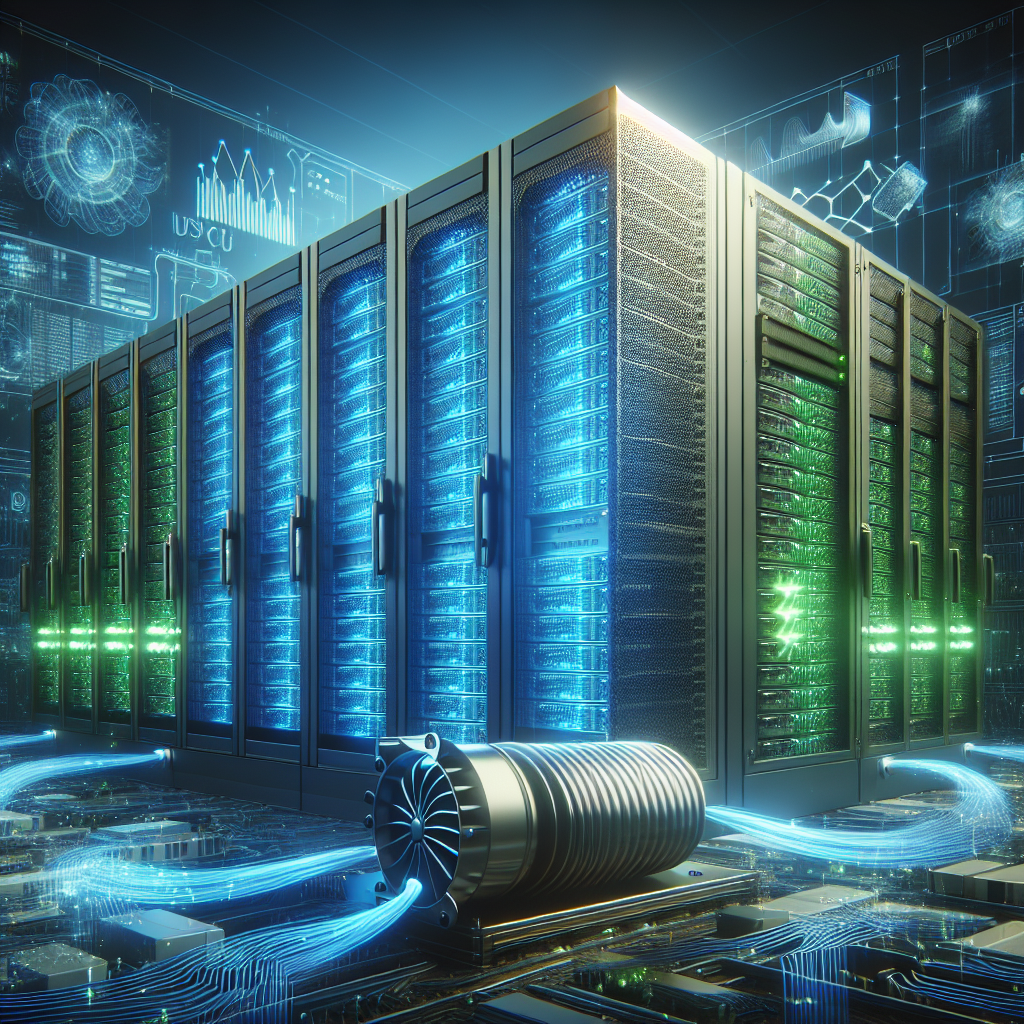Your cart is currently empty!
How Proper Cooling Can Improve Data Center Reliability and Performance

Data centers are the backbone of modern businesses, housing the critical IT infrastructure that supports daily operations. As the demand for faster and more reliable data processing continues to grow, ensuring the proper cooling of these facilities has become essential for maintaining their reliability and performance.
Proper cooling is crucial for data centers because the electronic components inside generate a significant amount of heat during operation. If this heat is not effectively managed, it can lead to overheating, which can cause equipment failures and downtime. In fact, studies have shown that more than half of all data center outages are caused by issues related to cooling.
To prevent overheating and ensure optimal performance, data center operators must implement a comprehensive cooling strategy. This strategy should include a combination of air conditioning units, airflow management systems, and temperature monitoring devices to maintain a consistent and controlled environment.
One of the most common cooling methods used in data centers is the use of precision air conditioning units. These units are designed to cool specific areas within the facility, ensuring that the temperature remains within the optimal range for the equipment. Additionally, airflow management systems, such as hot aisle/cold aisle containment, can help to regulate air circulation and prevent hot spots from forming.
Monitoring the temperature and humidity levels within the data center is also essential for maintaining reliability and performance. By using sensors and monitoring software, operators can track environmental conditions in real-time and make adjustments as needed to prevent overheating.
Proper cooling not only improves the reliability of data center equipment but also enhances its performance. When electronic components are kept at the optimal temperature, they can operate more efficiently and effectively, leading to faster processing speeds and reduced latency.
In conclusion, proper cooling is a critical factor in maintaining the reliability and performance of data centers. By implementing a comprehensive cooling strategy that includes precision air conditioning units, airflow management systems, and temperature monitoring devices, operators can ensure that their facilities operate at peak performance levels. Investing in proper cooling infrastructure is essential for businesses that rely on data centers to support their operations and ensure seamless connectivity for their customers.

Leave a Reply